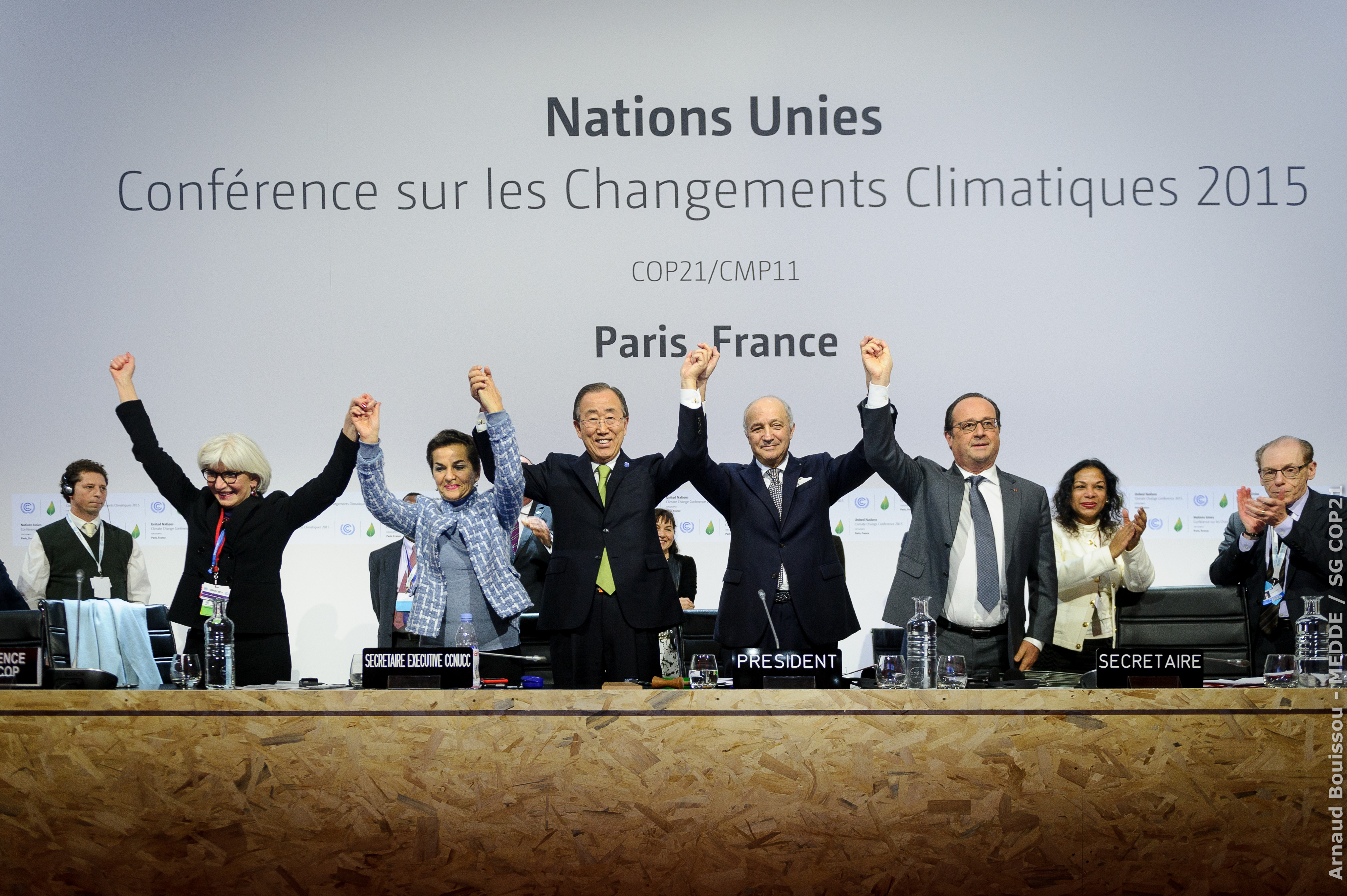
Finally World Leaders are acknowledging the significance of anthropogenic climate change.
The last weeks in Paris saw tens of thousands of people from around the world assemble for one of the most monumental sets of negotiations on climate change we’re ever likely see. Both inside and outside the negotiations at Le Bourget, intense pressure was applied to create the agreement that was finally closed on the evening of Saturday the 12th.
I could talk about the failures of the agreement, of which there are many. Equally, I could discuss where the agreement has succeeded – the most obvious part being that we have an agreement at all, something which wasn’t guaranteed going into COP 21. However, I’m going to share the reasons why activists gathered in Paris beyond just to make sure this agreement was pushed for: they demanded that it be radical.
The environmental movement has a long history of peaceful protest, stretching back to the anti-nuclear movement of the 1970s. This last two years saw even greater up-scaling of these protests, with ‘People’s Climate Marches’ taking place across the globe, the largest of these in New York where UN Secretary-General Ban Ki Moon took to the street with over 300,000 people. Despite the strict restrictions on gathering imposed by the emergency powers in France and heavy-handed policing, tens of thousands turned out for the largest of the protests in Paris.
The demands of the protesters were simple: a strong, binding agreement; and climate justice. Climate justice is a complex but important concept, tying together environmental rights and social justice, as well as stressing the importance of indigenous and frontline communities and the impacts of climate change upon them. This emphasis did lead to some progress, acknowledgement of human rights in the agreement for one, even if this acknowledgement is not attached to any legal binding obligations.
Indigenous and frontline community members were at the front of many of the protests in Paris. When Naomi Klein and other put Exxon Mobil on ‘trial’ for crimes against the environment, a Sami woman (the Sami are a nomadic people who herd reindeer in northern Scandinavia), a Marshallese campaigner (the Marshal Islands, a Pacific island state, is one of the nations most threatened by sea level rise) and a resident of the Niger Delta (the waters of the Niger Delta are so polluted that life expectancy has fallen under 50) amongst others testified as to the effects of environmental and climate damage. This reflects how the climate movement has started to become inclusive of a broad spectrum of voices, rather than the overwhelmingly white, Western, middle-class movement it has been previously.
Delegates representing indigenous and frontline communities, as well as those from NGOs, raised other key issues within the negotiations as well. The rights of women within the framework was pushed. Women have largely faced the worst of the effects of climate change that have already taken place; in the Global South women make up the bulk of agricultural workers, mainly subsistence farmers, who have seen crop failures and reductions in harvest, and some estimates put the proportion of climate refugees who are women as high as 80%. The role of women in both experiencing and tackling climate change made it into the final text, something which is an astonishing achievement given that it needed the agreement of nearly two hundred countries.
So yes, we have a legally binding agreement which will begin to finally tackle climate change head on. But the real achievement of Paris was to put climate justice on the agenda. In the agreement reached in Paris, after arduous work from activists, key acknowledgements of the specific effects of climate change with regards to social justice have been made. Going forward, when delegates meet again in the future, the pressure will be on not just to address emissions and work towards a clean energy mix, but to ensure that that those most vulnerable to climate change are protected and treated fairly and equitably.
Paul Cohen is a campaigner with the Federation of Young European Greens working on gender and LGBTIQ+ issues across the continent.
